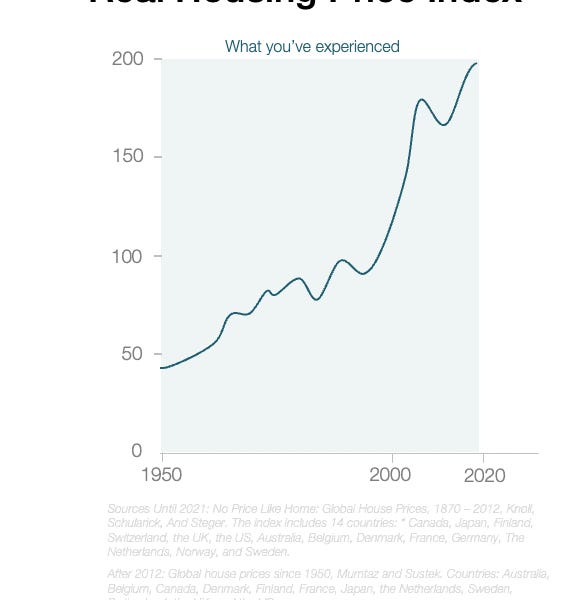
Processed foods drive intestinal barrier permeability and microvascular diseases
Intake of processed foods has increased markedly over the past decades, coinciding with increased microvascular diseases such as chronic kidney disease (CKD) and diabetes. Here, we show in rodent models that long-term consumption of a processed diet drives intestinal barrier permeability and an increased risk of CKD. Inhibition of the advanced glycation pathway, which generates Maillard reaction products within foods upon thermal processing, reversed kidney injury. Consequently, a processed diet leads to innate immune complement activation and local kidney inflammation and injury via the potent proinflammatory effector molecule complement 5a (C5a). In a mouse model of diabetes, a high resistant starch fiber diet maintained gut barrier integrity and decreased severity of kidney injury via suppression of complement. These results demonstrate mechanisms by which processed foods cause inflammation that leads to chronic disease.
Processed foods are a key hallmark of the Western diet. There is now a growing body of evidence that processed foods are detrimental to human health (1). The availability and consumption of processed, thermally treated food has increased substantially over the past decades (2), in line with the obesity and diabetes pandemic (3, 4). Obesity and diabetes associate with microvascular complications, particularly chronic kidney disease (CKD). CKD affects almost 14% of the general population (5) and is itself a major risk factor for cardiovascular disease and all-cause mortality (6).





















